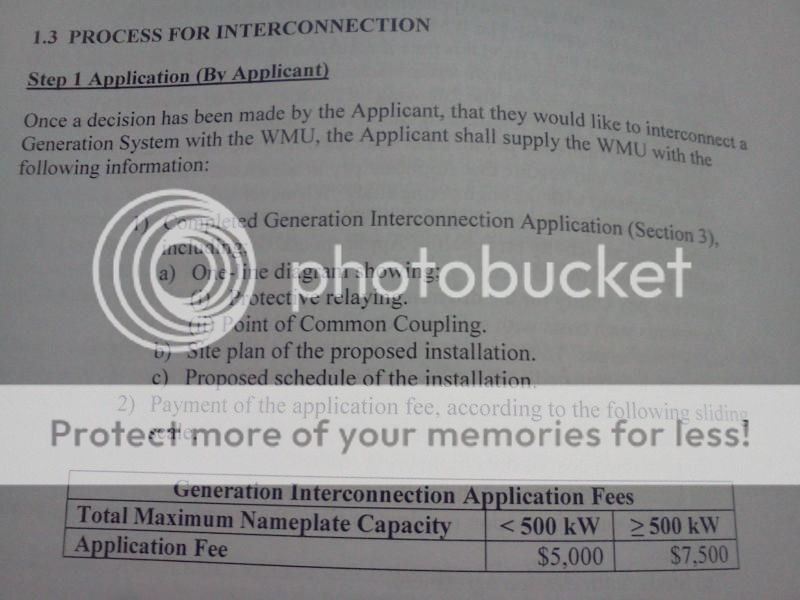Been getting serious about putting up a 3000 or 4000watt system to start...then found out about my utlities fee...This is in Willmar, MN. Anyone else from MN that has had to pay this fee please let me know. Also are you charged any "net-metering" fees?
This just seems way out of line from what I've heard so far...

This just seems way out of line from what I've heard so far...



